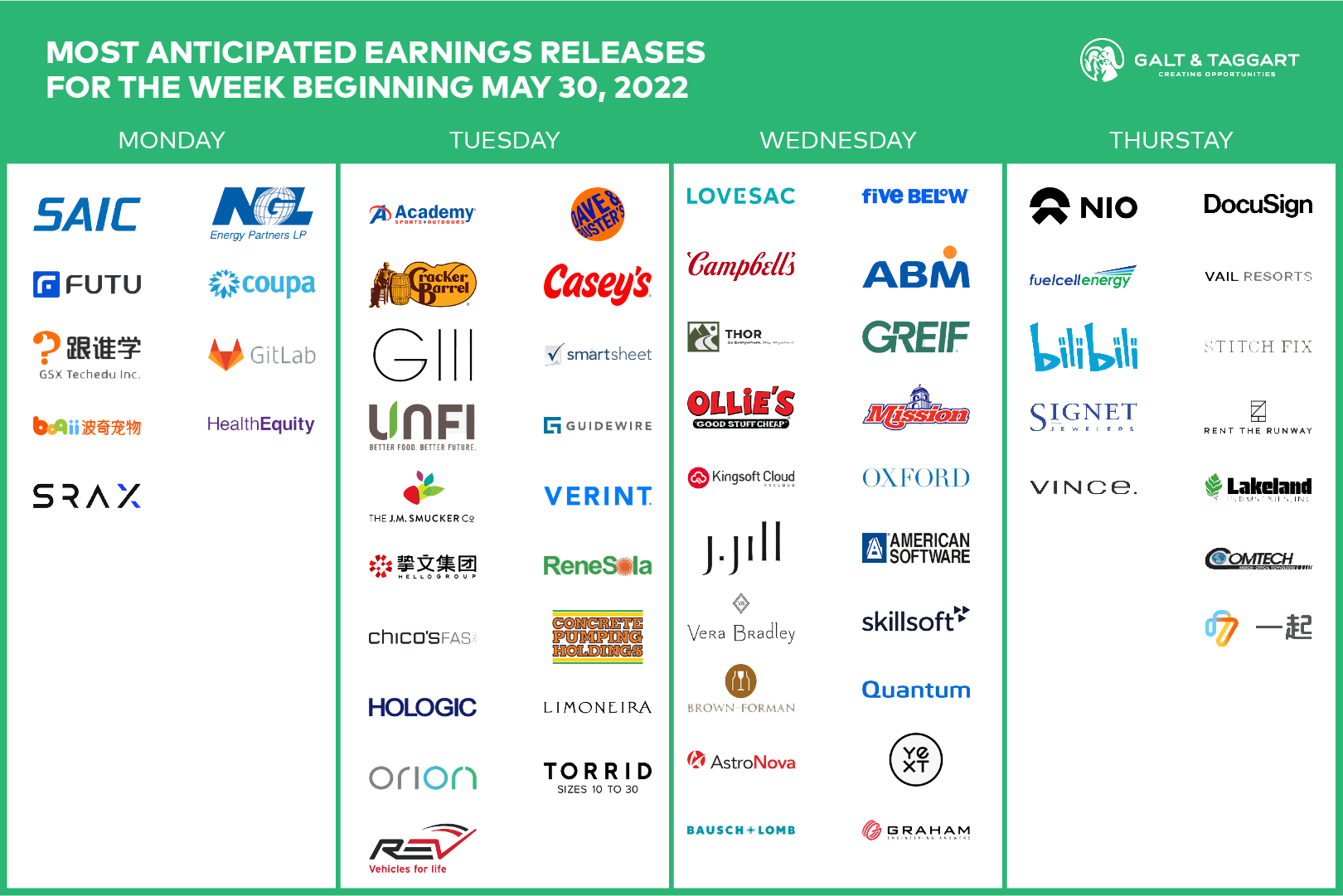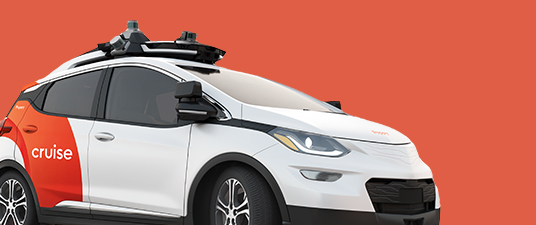Stocks fell sharply on Friday to cap their eighth weekly loss out of the last nine, as a stronger than expected report on U.S. nonfarm payrolls suggested the labor market remains robust enough for the Federal Reserve to raise rates quickly (U.S. added 390,000 jobs in May, compared to economists' expectations for 328,000 jobs). The benchmark 10-year Treasury yield climbed above 2.9% after the report, leading to outsized losses among tech stocks. Sentiment also was hurt by a report that Tesla's Elon Musk may be considering job cuts on worries over the economic outlook. Musk's misgivings followed comments earlier in the week from J.P. Morgan's Jamie Dimon, who said he foresees an economic "hurricane" ahead from the war in Ukraine and the Fed's tightening policies. All three of the major market indexes finished negative for the holiday-shortened week, with the S&P 500 shedding 1.2%, and the Dow Jones and Nasdaq each down by about 1%
News:
- JPMorgan CEO warns of incoming financial hurricane: JPMorgan Chase CEO Jamie Dimon says he is preparing the biggest U.S. bank for an economic hurricane on the horizon and advised investors to do the same. “You’d better brace yourself,” Dimon told the roomful of analysts and investors. “JPMorgan is bracing ourselves and we’re going to be very conservative with our balance sheet.” There are two main factors that has Dimon worried: First, the Federal Reserve has signaled it will reverse its emergency bond-buying programs and shrink its balance sheet. The so-called quantitative tightening, or QT, is scheduled to begin this month and will ramp up to $95 billion a month in reduced bond holdings. The other large factor worrying Dimon is the Ukraine war and its impact on commodities, including food and fuel. Oil “almost has to go up in price” because of disruptions caused by the worst European conflict since World War II, potentially hitting $150 or $175 a barrel, Dimon said. Financials dropped the most out of any S&P 500 sector on Wednesday following this stark warning.
- First commercial “Robotaxi” in US: General Motors' (GM) Cruise became the "first and only company to operate a commercial, driverless ride-hail service in a major U.S. city" after inking the appropriate permits in San Francisco. The green light was granted by the California Public Utilities Commission, allowing the GM subsidiary to charge a fare for its driverless rides. Cruise's cars are also fully electric and battery-powered, a big win for reducing emissions in the climate conscious San Francisco. However there are other big players in this industry. Alphabet's (GOOGL) Waymo began offering free autonomous rides to a limited number of SF natives last August and recently ditched the safety drivers on board. It has also completed "tens of thousands" of rides without a driver behind the wheel in the East Valley of Phoenix, Arizona. Meanwhile, Tesla's (TSLA) Elon Musk has often touted ambitious timeframes for the company's much-vaunted robotaxi (most recently promised for 2024), but the vehicle technology has yet to be fully delivered.
- Chewy shares jump after Earnings Beat: Chewy Inc. stock rallied more than 24% after the online pet-products retailer turned in a surprise profit and forecast a revenue range that was mostly above Wall Street estimates. Revenue rose to $2.43 billion from $2.14 billion in the year-ago quarter. The company reported first-quarter net income of $18.5 million, or 4 cents a share, which was a big surprise as analysts forecasted loss of 11 cents a share. Chewy forecast revenue of $2.43 billion to $2.46 billion for the second quarter, and reiterated its full-year forecast of $10.2 billion to $10.4 billion, which also is more than analysts have estimated.

